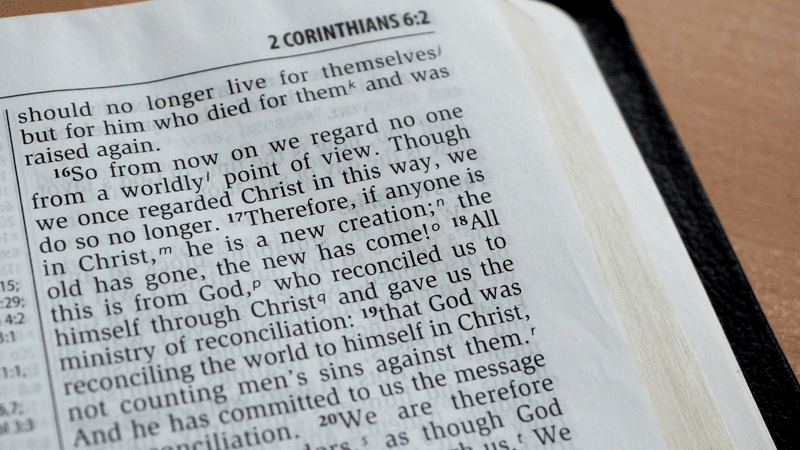Why the ‘gay Christian’ label dilutes the Gospel

The recent Revoice conference in St. Louis, USA, has hit the headlines for offering support to ‘gay Christians’.
But this conference openly declares that it doesn’t want to push liberal views. They are evangelicals. Revoice wants to see believers “flourish while observing the historic, Christian doctrine of marriage and sexuality”. The conference is clear that marriage is between a man and a woman, and that sexual activity is only appropriate in that context.
Wanting to support Christians who experience same-sex attraction is entirely commendable. But the term ‘gay Christian’ is deeply problematic.
For a start, it is misleading and naïve. The Church is under huge pressure to compromise on sexuality. And while the Revoice conference may understand what it means when it talks about LGBT Christians, the watching world does not. It interprets this as the Church welcoming an unbiblical lifestyle. This does not help faithful Christians struggling with same-sex attraction and we should be aware of the cultural narrative wrapped up in the language we use.
Identity
More fundamentally, it’s a question of identity. Because a Christian has one core identity, through which everything else is viewed. 2 Corinthians 5:17 says: “Therefore, if anyone is in Christ, he is a new creation; the old has gone, the new has come!” In Christ we are a new creation. Dead to sin but alive to God in Jesus Christ.
1 Corinthians 6 lists those who are identified by their sin, the greedy, thieves, and sexually immoral. And then comes verse 11 – “And that is what some of you were. But you were washed, you were sanctified, you were justified in the name of the Lord Jesus Christ and by the Spirit of our God.” Therefore, to define a Christian, not as a sinner saved by grace, not as a new creation, but by an area of struggle, is wrong.
Everything in the world is affected by sin – including sexuality. Every person in the world is affected by sin. Every person in the world falls short of God’s standards for sexuality. And probably most Christians struggle in some way with sexual sin.
So there is simply no need for faithful followers of Christ to define themselves in any way other than in Christ. There is no category for idolatrous Christians, or covetous Christians, or gay Christians – there are only Christians seeking to live lives to the glory of God. In Christ, sin is not who we are. The grace that leads us to follow Christ demands that we say no to ungodliness and worldly passions (Titus 2:11-14). This is the duty of every Christian.
Holiness
And here lies the hope for those believers struggling with same-sex attraction. God has a clear word and a good word. God’s will is the same for every Christian, nothing more and nothing less. Holiness. To turn from sin and seek first the Kingdom of God – submitting all of our lives to the Lordship of King Jesus.
The good news of the Gospel is that God saves sinners who trust in Christ whether their sexual temptations are towards the opposite sex or the same sex. They who are not righteous are counted righteous because of Christ’s death on the cross. Our struggle with sin will be a lifetime battle, but only a lifetime battle. And we do not have a high priest who is unable to sympathise with our weaknesses. God will not let us be tempted beyond what we can bear. And as we all continue to do daily battle, know that one day we will have the victory.
